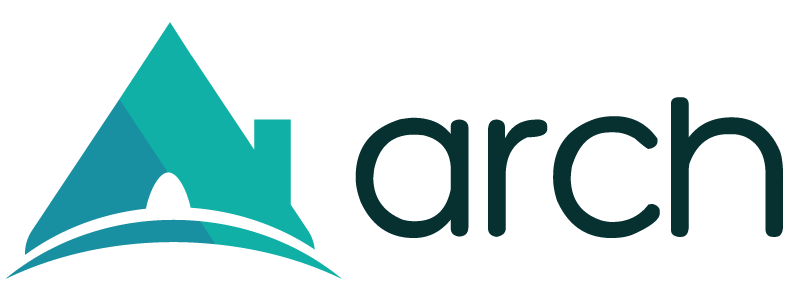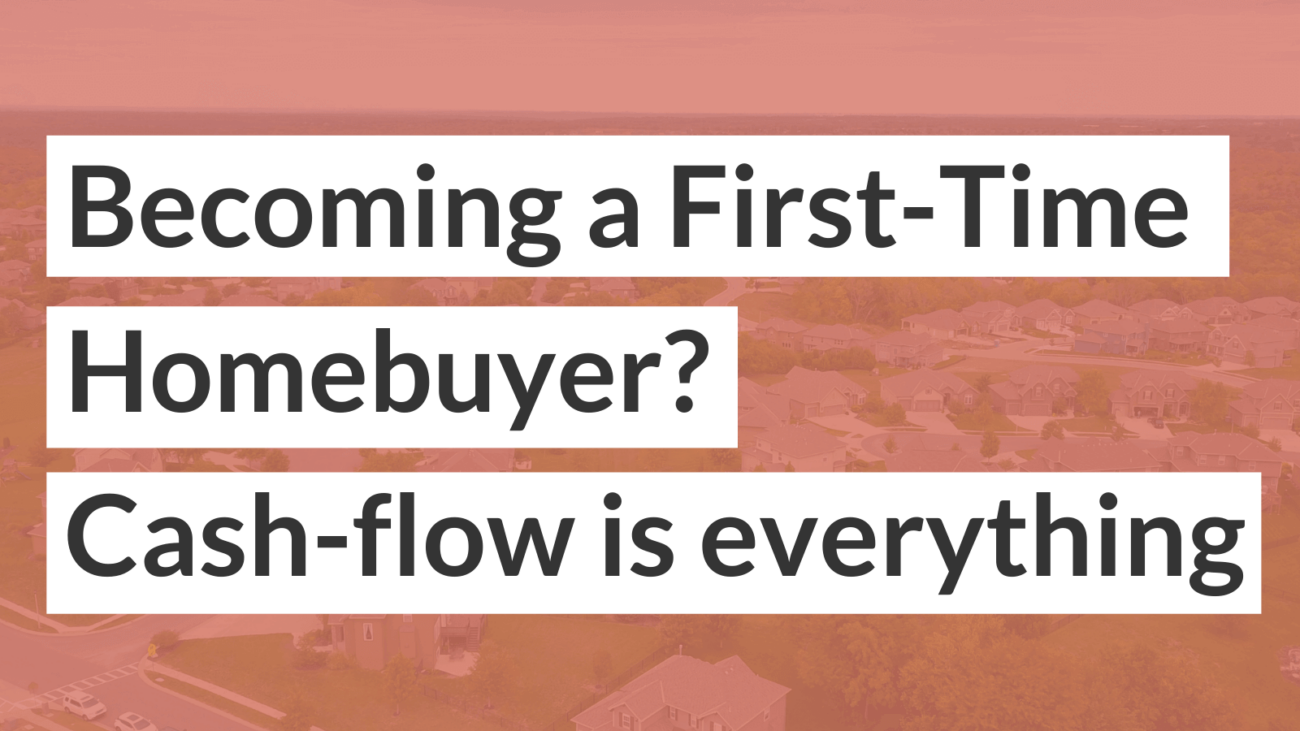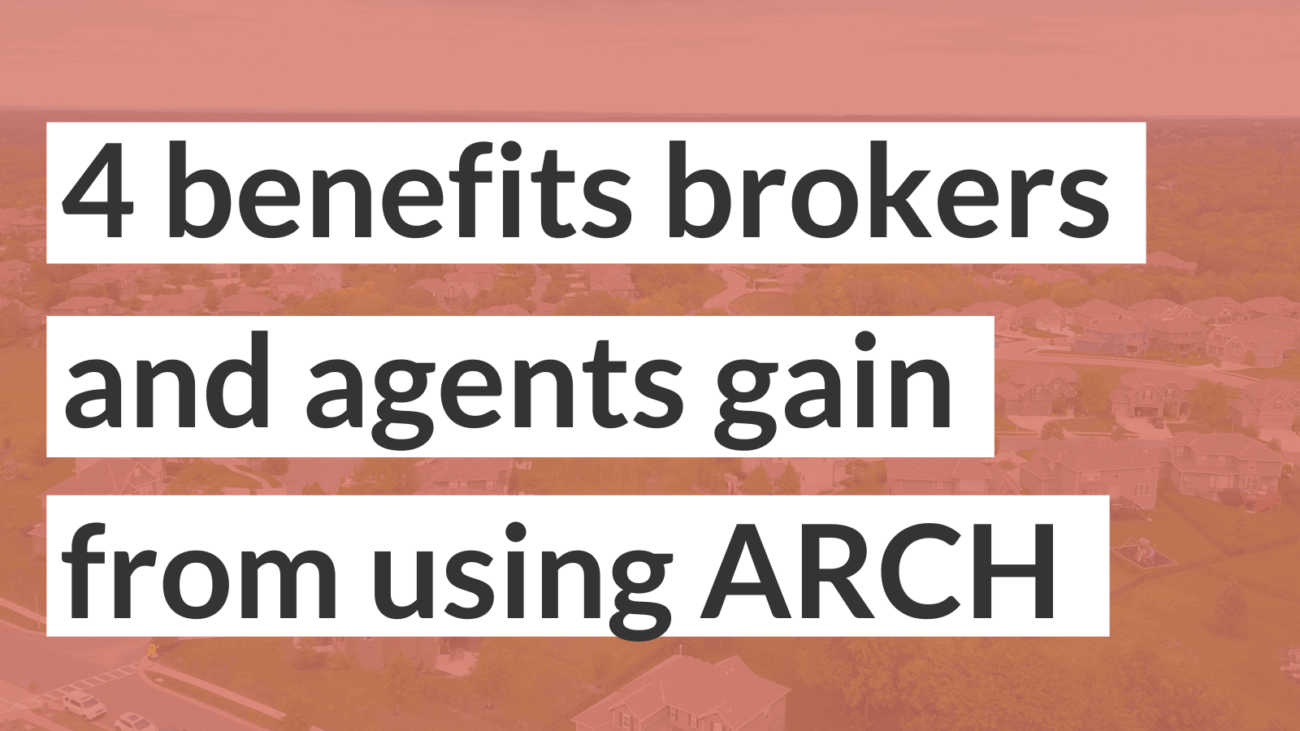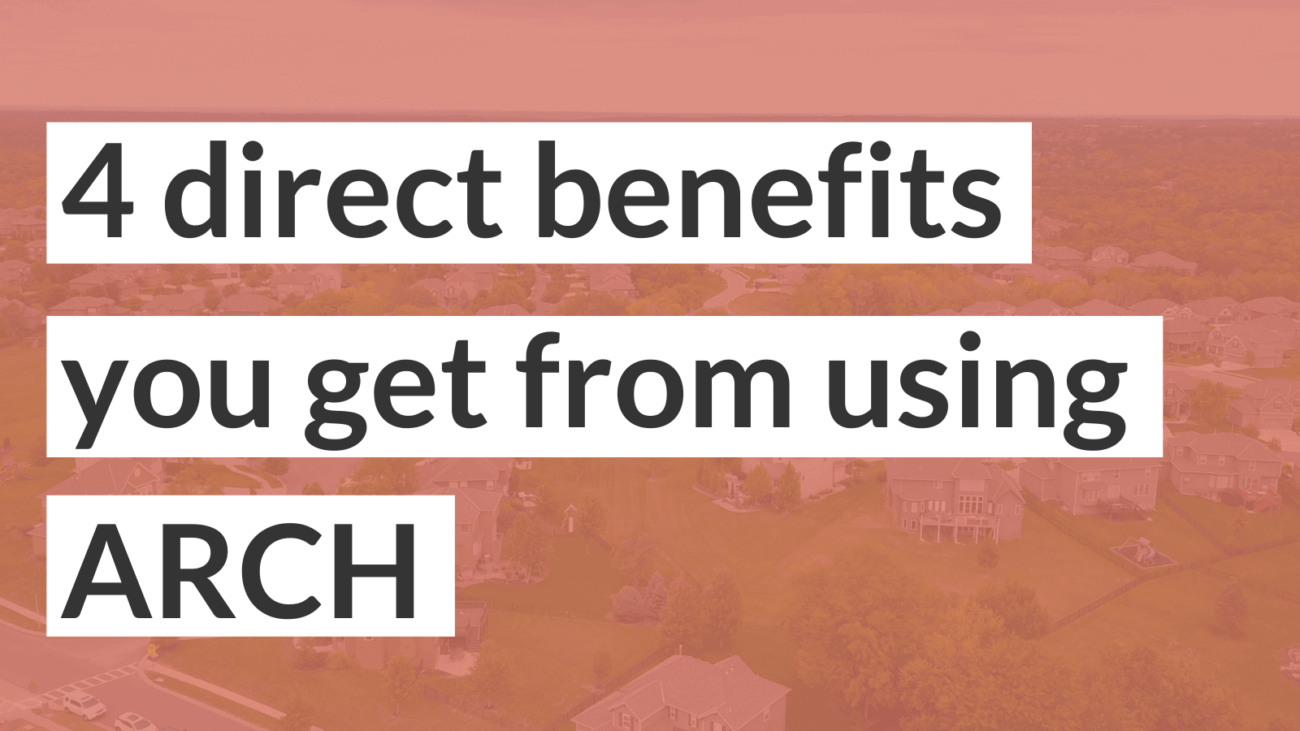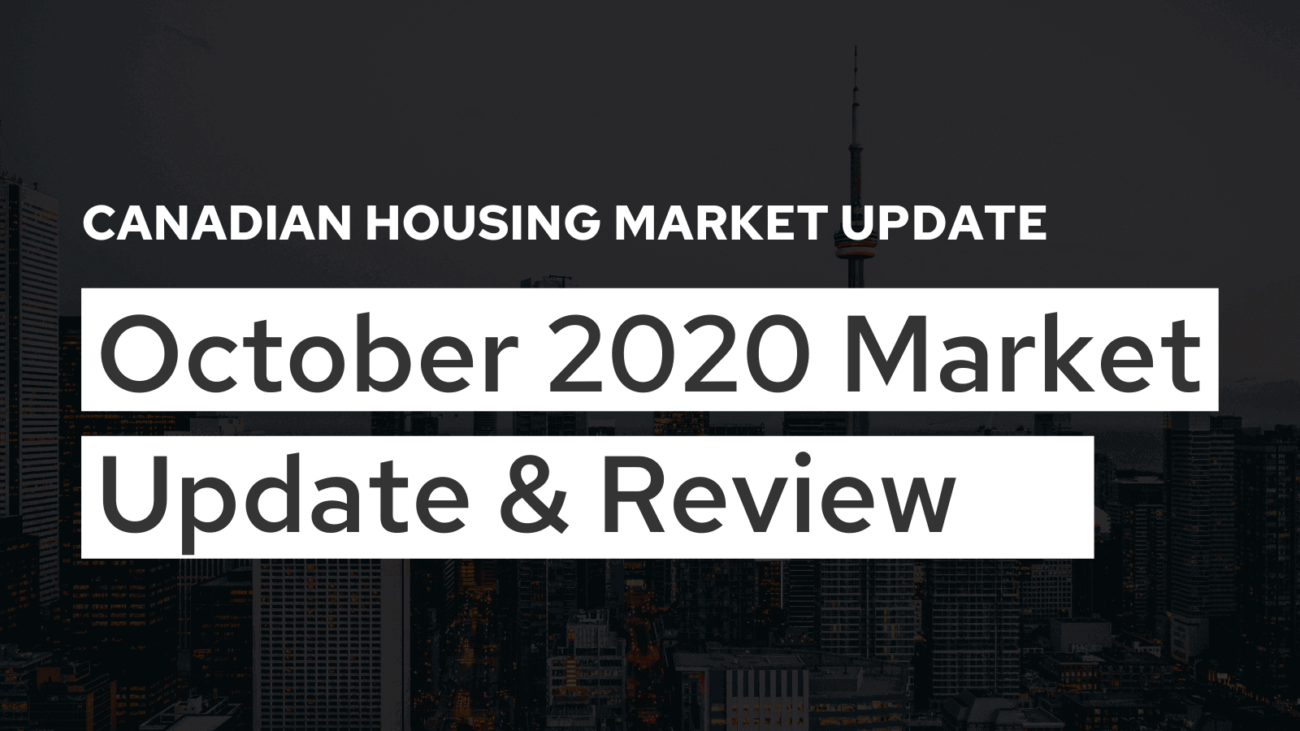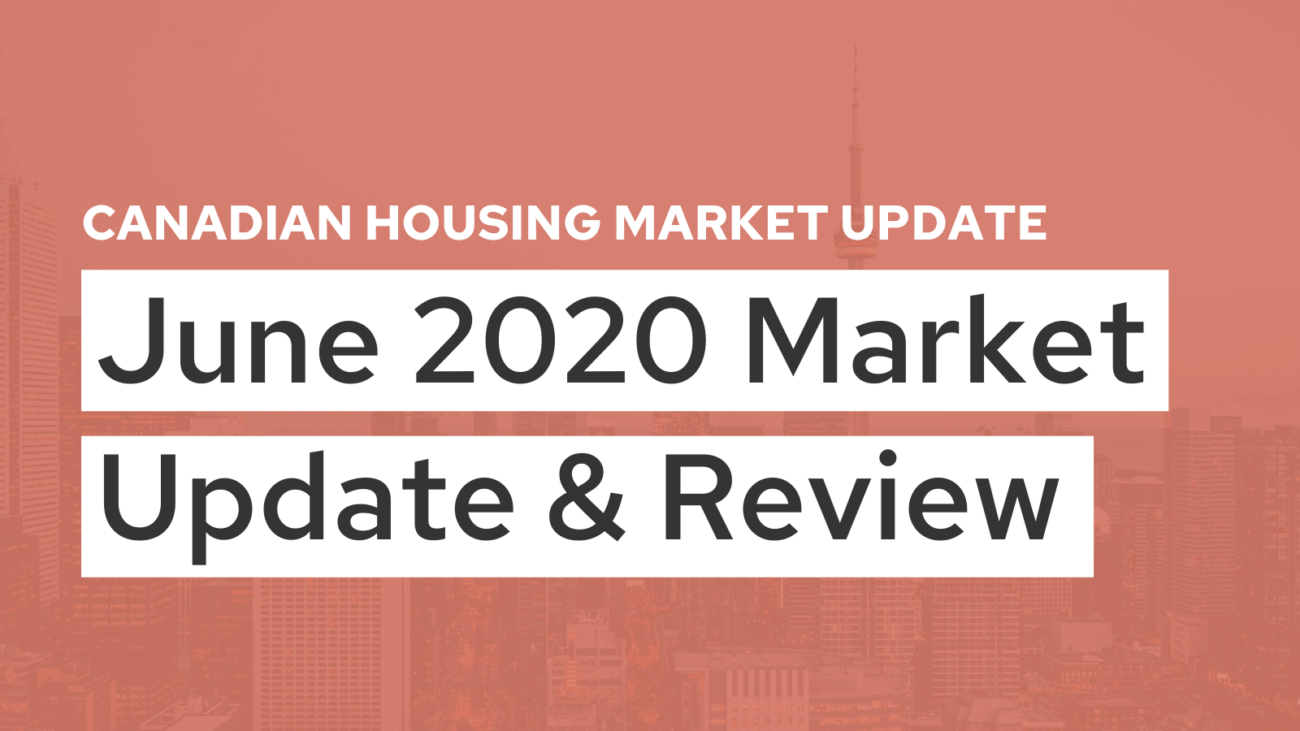Buying a home will likely be one of the most expensive financial decisions you’ll ever make. For that reason, it’s no wonder why purchasing a home is often a very lengthy process and a stressful one as well.
For first-time homebuyers, it tends to be that much more time-consuming and stressful.
For first-time homebuyers there can be a lot of unknowns and uncertainty they come across when they start purchasing a home. Unfortunately, there are a lot of things you learn along the way and only realize while you’re going through it.
This is exactly why both knowing and taking the right steps is extremely critical – it makes it all a little more bearable; ignoring the necessary steps makes it worse.
Beyond browsing listings and getting excited for the day you get the keys, there are some additional key bases to cover – here are eight critical steps you’ll need to take when buying a house.
1. Do your research and do it early
Market research
If you’re unsure of where to start researching, a good place to start would be to look at things such as housing prices, neighbourhoods, types of homes available, and other house-focused variables (bedrooms and bathrooms come to mind…). Gaining familiarity will not only help with the raw facts of the situation but will also better prepare you for the inevitable ups and downs in the buying or selling process.
Real estate can bring up a lot of emotions; build up your knowledge so emotions don’t get the better of you.
Legal and financial research
Next, you’ll want to familiarize yourself with any legal and/or financial requirements.
You’ll want to have precise information for things like:
- ➜ Appraisals
- ➜ Home inspections
- ➜ Homeowners insurance
- ➜ Financing options (including the down payment)
- ➜ General closing costs
- ➜ Lawyer and other legal fees
- ➜ Realtor fees
- ➜ Mortgage fees
This list isn’t completely exhaustive – your realtor and lawyer can provide you with a full list depending on your unique situation – but starting with these must-have items will help you ask the right questions in order to get the right answers.
Understand the costs
Lastly, make yourself aware of the different types of costs, such as upfront costs, ongoing costs, and major repairs.
Upfront costs include:
- ➜ Down payment (consider using a Shared Equity program to assist you with this)
- ➜ Closing costs, and
- ➜ Taxes, etc
Ongoing costs would include:
- ➜ Mortgage payments
- ➜ Condo fees (if applicable)
- ➜ Homeowner insurance, and
- ➜ Property taxes
Costs for major repairs might include roof replacements, foundation repairs, or other large cosmetic changes you choose to make to the house (for example, updating the kitchen).
The goal here is to ensure you’re well-prepared for what’s ahead. That way, you don’t jump in with a blindfold on. Buying a house is one of the most important financial decisions you’ll make in your life, just remember that when you’re doing your research.
2. Understand your budget and how much you can realistically afford
Buying a house will ultimately cost more than the accepted purchase price. It’s crucial to get a realistic understanding of how much you can afford to spend on your home without compromising your financial health.
When assessing your budget, be realistic with yourself for where you are right now. While you can also think about how future potential earnings, expenses, and debts will fit into the equation, don’t make decisions on hypothetical data points.
A useful tip is to be very mindful of the not-so-obvious costs such as home inspections, moving fees, mortgage loan insurance (if required), legal fees, appraisal fees, and more. Again, this is why doing your research ahead of time will keep you way ahead of the game.
As a starting point, most lenders will recommend homes costing between 3-5x the amount of your annual household income if you’re making a 20% downpayment. If you’re putting down less as a 20% downpayment, scale the house cost down to about 2-4x your annual household income since you’ll have to pay mortgage insurance and end up taking on more debt as a percentage of house cost.
3. Get pre-approved for your mortgage
Once you’ve finished creating your budget, it’s time to meet with a mortgage broker or lender. This is where you’ll start discussing things such as financing options, mortgage terms, interest rates, and more.
While a budget gives you a snapshot of what you can afford, pre-approval is the amount that a lender is willing to give you. Getting pre-approval means going through a qualifying process that will look at things like your credit history, employment history, and current earnings.
While you could theoretically apply for a mortgage after you find a home or make an offer, this isn’t recommended because mortgage approvals can take a long time. If you don’t come with a pre-approval, you might miss the perfect home in a hot market.
Further, pre-approval helps make your budget that much more realistic, helping narrow your search down to a specific home type, size, or neighbourhood.
Before you get pre-approved, your mortgage broker or lender will require some critical info to review how much you’ll be approved for. Here’s what you’ll need to bring with you:
- ➜ Government-issued photo IDs (with current address)
- ➜ Proof of address (and history of previous addresses if you recently moved)
- ➜ Employment history including contact information for your current employer
- ➜ Proof of income
- ➜ Proof of down payment
- ➜ Proof of savings and investments
- ➜ Details of your current debts and other financial commitments
Be honest with your agent or broker in this process. If you give incorrect information and get pre-approval, you risk losing the mortgage when the time comes and the bank completes its due diligence.
4. Find an agent and shop for your home
Once you’ve gotten through the first few steps, it’s now time to have a little bit of fun.
If you haven’t found an agent yet, it’s a smart move to find one before attending open houses because it makes the process easier. For example, if you attend an open house and fall in love with it, having an agent means you’re able to move forward with putting in an offer. Whereas if you go to an open house but don’t have an agent, you might need to backpedal a bit and go find one before you can do anything.
Your real estate agent’s role will be to:
- ➜ Help you find homes that fit your criteria
- ➜ Tell you about the community and neighbourhoods
- ➜ Submit an offer on your behalf
- ➜ Negotiate prices and conditions on your behalf
The worst thing you can do when searching for an agent is not asking questions such as:
- ➜ How much do you charge?
- ➜ How do you typically communicate with your clients?
- ➜ Do you have any guarantees?
Take it as a learning opportunity, and a way for you to determine if your prospective agent is really working in your best interest and a good fit for your situation.
When you start your search, try to look for something that you can see yourself living in for the next 5-10 years. While this isn’t always an easy thing to do depending on your financial situation, it’s recommended. The last thing you’ll want to do is have to relocate over and over again every time you increase your net worth.
Key things to consider while you’re on the hunt for your new home include:
- ➜ Location
- ➜ Size of the home
- ➜ Special features of the home
- ➜ Your lifestyle
Your mortgage pre-approval will help you narrow down on these criteria to see what’s within reach.
The home you choose, or the home that chooses you, will have an impact on your finances and your overall lifestyle for many years to come.
Don’t rush the hunt, instead take the time you need to make the best decision for yourself and your family.
5. Make an offer on your future home
You’ve done your research, created a realistic budget, received your pre-approval, and found a home you can see yourself living in.
Now what?
Well, now it’s time to make an official offer on your – 🤞fingers crossed🤞 – future home!
This is now where you’ll be working with your agent to provide an offer of purchase on the home and to negotiate prices (and other terms) based on comparable homes and market conditions.
Your offer of purchase is a legal contract between you and the seller, so it’s important to make sure it’s carefully prepared by your agent and/or lawyer.
Here’s what you should include in your offer:
- ➜ Your legal name, seller’s name and the address of the property
- ➜ The offer amount (purchase price of the home)
- ➜ The amount of your deposit
- ➜ Additional items to be included in the purchase (appliances, furniture, etc)
- ➜ Closing date (the date you’ll be taking over possession)
- ➜ Request to survey the land and property
- ➜ Expiry date (the date when your offer expires)
- ➜ Any other conditions that must be met (inspections, lending approvals, etc)
6. Get your mortgage approved
Once the seller has accepted your offer, it’s time to visit your broker or lender to finalize the details of your mortgage.
Before making that visit, make sure to carefully review any conditions that were included in your offer and double-check what you’ll need to bring to the meeting. Chances are you’ll need the following:
- ➜ The property listing (and or photographs of the property)
- ➜ Estimated costs for any recent or planned home improvements
- ➜ The description of the property (includes dimensions, sizes, unique features, etc)
- ➜ An appraisal
- ➜ A home inspection report
- ➜ An assessment of the property taxes
- ➜ A land survey
- ➜ Heating and utility costs associated
- ➜ Condominium fees (if applicable to your property)
- ➜ Lastly, the signed offer to purchase your new home!
If you need anything else, your mortgage broker or banker will let you know, as specifics will depend on your unique situation. If you’re concerned, ask upfront during the pre-approval process if a certain situation in your financial life will affect your mortgage application.
7. Close the deal
At closing, here’s where you’ll sign all of that fun paperwork to make the purchase official! This process typically takes a couple of days for your loan to be funded after the paperwork is returned to the lender.
Closing day is when you finally take legal possession and get the keys to your new home.
8. Relax, smile, and enjoy your new home
You’ll be able to relax even more after following the above 7 steps.
Remember, being a homeowner is both an investment and a commitment. Your hard work doesn’t stop once you get the keys. It’s up to you to make sure that you’re taking care of your home, paying your bills, and even looking for opportunities to continue improving your home’s value through renovations and home improvements.
